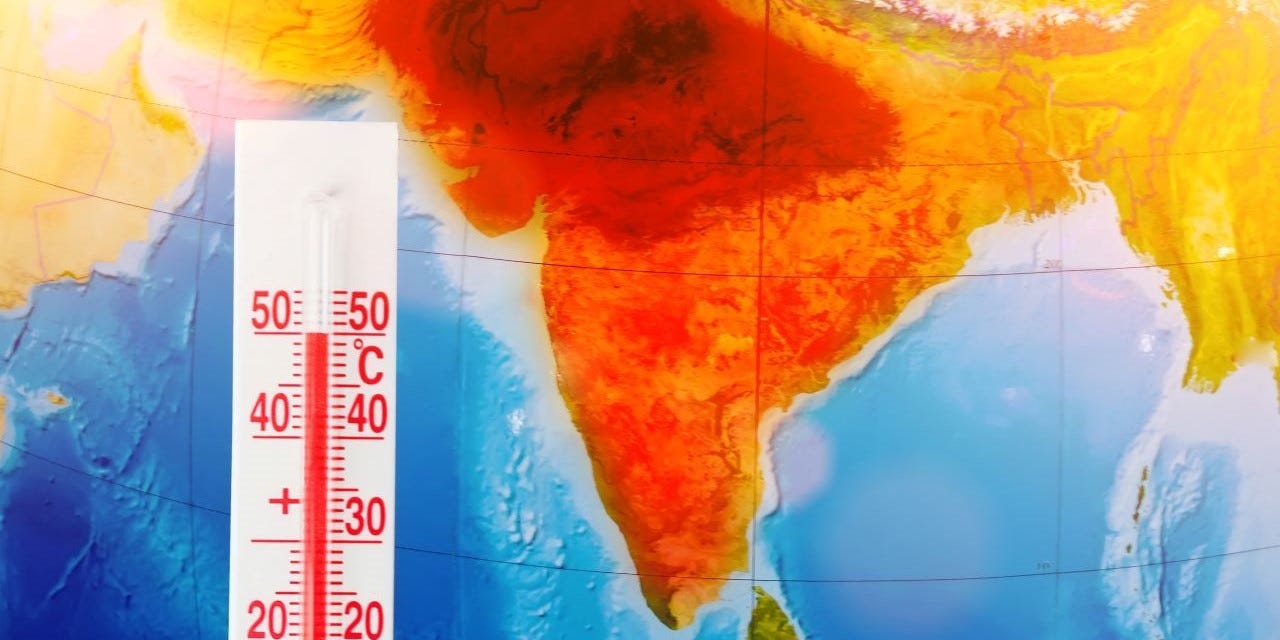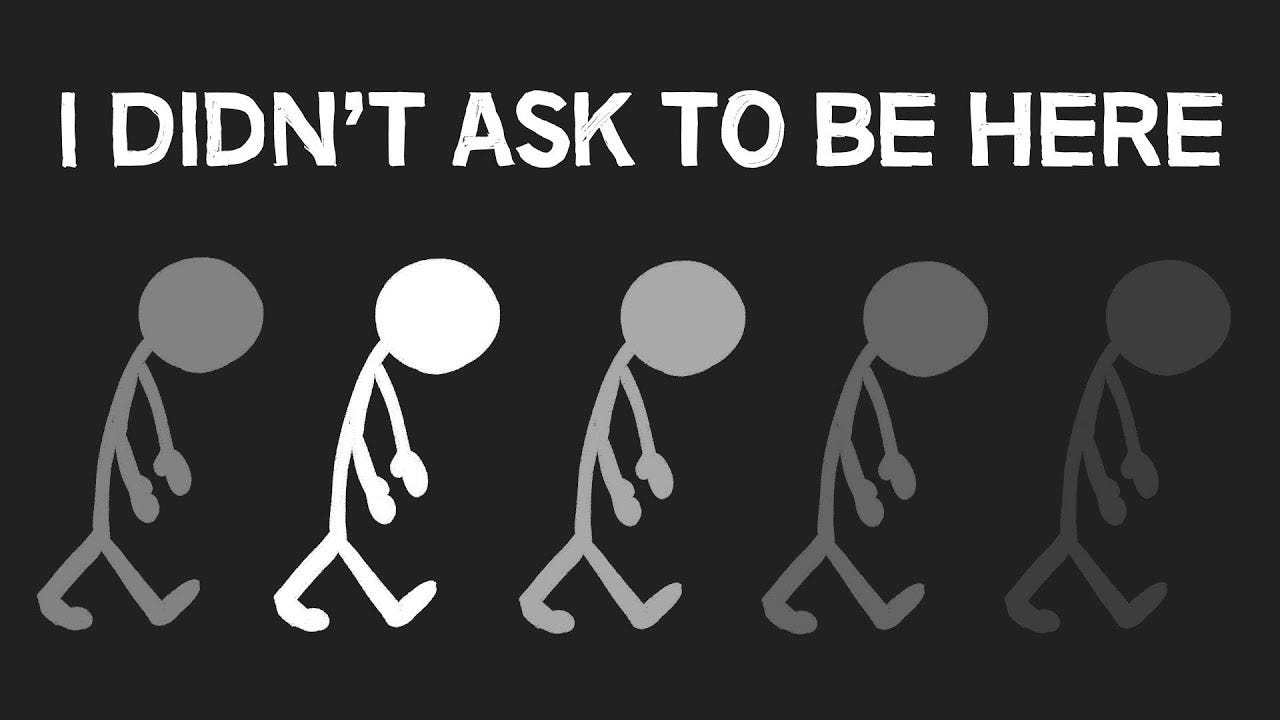Awwwww so cuteeeeeeeeee….
So, children, such beautiful souls, purely authentic, whose smiles just light up the world. Arent they the best!
But are they for everyone? Are they a necessity? Do you really have to have them to give a purpose and meaning to your life? Are you just having them for selfish reasons as to who will take care of you when you’re old?
Motherhood is treated as women's central purpose in life as if their destiny is to let a tiny stranger rip a hole through their ****** from the inside out. I have infinite respect for mothers but motherhood is hard, its so damn hard.
Childless women are seen as unfulfilled, unhappy. Even the pope has slammed them saying that not having children is selfish. The Pope! a guy who is a virgin is saying this (at least that’s what he preaches).
“Are you okay?”
“ I am so sorry for you?”
A simple reason for not having kids could be that you are just happy without them and that reason is enough and shouldn’t require any justification.
When I was a little kid, I wanted the life script. Marriage, babies, a house with a white picket fence and a dog. But that was because all the adults around me, on TV and in movies, had that. But is that the roadmap for everyone?
Let’s discuss…
Statistics show that an increasing number of women are choosing not to have children. Some people worry about what this means for society, from fewer people reaching working age to the eventual extinction of human beings.
The choice to have a child has tremendous ramifications and should never be taken lightly.'
Lets take a look at some reasons which might make you consider being away from noisy little hellraisers.
1. Kids are expensive!!
Based on an estimate by Economic Times in April 2011 and adjusted to inflation for August 2022, the cost of raising a child from birth to age of majority (21 Years) for a middle to upper-middle income family comes to about ₹1.17 crore (equivalent to ₹1.2 crore or US$150,000 in 2023) in total, and remember that this is including inflation. Other sources state that it might be equivalent to 13 lakhs per year, so do your math.
Include housing, schooling, college plus coaching, healthcare, entertainment, food, transport, going on dates, etc., etc…
Would you pay for your kid’s marriage too? Add another 70-80 lakhs to it :)
And that marriage will lead to a divorce… so good luck.
I would rather go on vacations, spend on my hobbies or buy a fucking grand piano. But you will spend on your precious kid, who won’t even be grateful for that.
There are some websites which claim higher numbers, too. You can visit one here.
2. No desire to have kids!
Yes, that’s an answer too! We just don’t want to have kids. While you may assume that the desire to have kids is universal, but its simply not. Some people, regardless of gender, do not experience a deep emotional pull toward nurturing children.
Some people just never had the moment that “I want a child of my own someday”. And that is totally okay.
One can pursue their creative ambitions, focus on their career, choose to travel around, meet new people, have some me time, and work on their physical health. I’m not saying that these things can’t happen with a kid, but just think about how difficult that would be.
In today’s modern societies, where having a choice is more culturally accepted, people are increasingly realising that wanting a child is not mandatory, it’s optional, as it should be.
Some people have experienced a bad childhood, neglected and unavailable parents, and they have seen fights, witnessed uncomfortable environments. These major life events shape your intellect and sometimes make you take unconventional paths in your life.
My take? Kids are exhausting. Yes, they are fun for 5 mins, but then they start crying and it’s over for me. I can’t kick them, but I can just decide not to have one of my own. I can't stand being around children longer than necessary. And once they start throwing tantrums, well… leave it, it’ll be too dark.
3. Pregnancy can be scary!
Well, you can die. Pregnancy can be life-threatening. Even today, tens of thousands of women die each year globally from pregnancy-related complications.
Postpartum haemorrhage (PPH) can happen after childbirth and is a leading cause of maternal death. Some women bleed so heavily that they need blood transfusions or emergency surgery. Labour pain is widely described as one of the most intense pains humans can experience, often exceeding other painful life experiences.
Preeclampsia is high blood pressure during pregnancy with potential organ damage. Eclampsia is more severe and can lead to seizures, coma, or death. Infection during or after delivery (e.g., from a C-section or prolonged labour) can lead to septic shock and death.
There can be a Uterine Rupture where the uterus can tear open and can kill the mother and baby within minutes if not treated immediately.
Then there is Postpartum Depression (PPD), which affects 10–20% of new mothers. Severe cases may lead to suicidal thoughts or psychosis. And Postpartum Psychosis, which is rare but serious. Can include hallucinations, delusions, and infant harm or suicide risk.
There is Gestational Diabetes, which can cause complications for both mother and baby, including preterm birth, large baby size, and increased risk of Type 2 diabetes later.
You can poop during giving birth! It is common (due to pressure on the rectum), not dangerous, but embarrassing for many!
Also, pregnancy puts major pressure on the heart. Women with undiagnosed heart conditions can experience heart failure or arrhythmias.
These are just a few of many issues that can be fatal to the mother and the child, and most women are not even aware of these potential risks.
4. Environmental and World-Centric reasons
For a growing number of people, the decision not to have children isn’t just personal—it’s planetary. With accelerating climate change, ecological degradation, overpopulation, and persistent poverty, many people feel a moral, ethical, and environmental imperative to opt out of reproduction.
Climate change is no longer a distant threat—it’s a lived reality. Many prospective parents are asking: ”What kind of world would I be bringing a child into?”. This isn't an abstract fear; it’s grounded in facts. In India, rising temperatures are already contributing to deadly heat waves, water scarcity, failed crops, and increased disease burden. The idea of raising a child in a world with escalating climate instability feels not just risky, but cruel.
“It’s hard enough for us to survive this heat. Imagine bringing a baby into it, knowing it’s going to get worse.” — young professional, Delhi
Choosing not to have one child can save 58.6 tons of CO₂-equivalent emissions per year—that’s 20 times more than going vegetarian or giving up air travel. I know most people don’t and won’t care about this, but it’s just a fact. Choosing to remain childfree becomes a conscious act of climate activism—a refusal to add to the strain on the Earth’s finite resources.
India is now the most populous country in the world, with over 1.4 billion people. Yet this rapid population growth hasn’t been matched with equitable development.
Urban overcrowding, strained infrastructure, and collapsing healthcare systems are already visible in Indian metros.
Rural poverty and undernourishment persist, despite decades of economic growth.
More people mean more demand for water, food, housing, electricity, education, and jobs—resources that are already stretched thin.
Jobs, you say? Already, the competition for jobs is cutthroat, and in the next 25 years, India’s population will be 1.7 billion. Just imagine the job situation at that time.
Again, I’m just stating the facts, and believe me or not, you will face the consequences, just ponder upon these a little.
5. Antinatalism
Antinatalism is a philosophy that says it is morally wrong or unkind to bring new people into the world, even if the intention is good. In simple words:
"It’s better not to be born than to suffer in life."
People who believe in antinatalism think that life, no matter how happy it might seem, always includes pain, sadness, struggle, and eventually, death. So, creating a new life means forcing someone to go through all of that without their consent.
Now, when I first came across this philosophy, I didn’t really understand it. Maybe you won’t either, but just take a pause and try to. Think about the child’s consent. Is he or she really in a position to give consent?
Then who are we to make the decision and bring them into this world of suffering? Everyone will probably go through pain, loss, illness, anxiety, diseases, depression, the death of a loved one, and eventually die. Even the happiest life has suffering in it. So, antinatalists say:
“Why create someone who will suffer when they never asked to be born in the first place?”
Antinatalism isn’t about hating life or being depressed. Some antinatalists are happy, kind, and mentally healthy. It’s just a philosophical position based on logic and compassion, not sadness.
They don't say, “Life is pointless.”
They say, “Life is valuable, but also full of suffering. So it’s better not to create life unnecessarily.”
Yes, it is a personal and philosophical view, and you have the full right to oppose it by saying that life can be meaningful, it has a lot of joy, look at the brighter side, be optimistic…
Antinatalism doesn’t mean people should be forced to stop having children—it just means some people choose not to, for deep ethical reasons.
I have read so many reddit posts about people who regret having children, maybe we have not heard that enough because no one talks about it. Why would someone who went through such a turmoil say that they don’t like the end result.
And again, its purely your choice, I am just giving a perspective that millions of people have but just don’t share enough. I am a part of a subreddit called /childfree. Feel free to check that out.
You don’t need to justify wanting freedom, peace, and a life that’s your own. Not everyone wants to be a parent, and that’s not selfish. That’s just being honest.
If you’re childfree by choice or just questioning the norm, you’re not alone. And you’re definitely not wrong.








